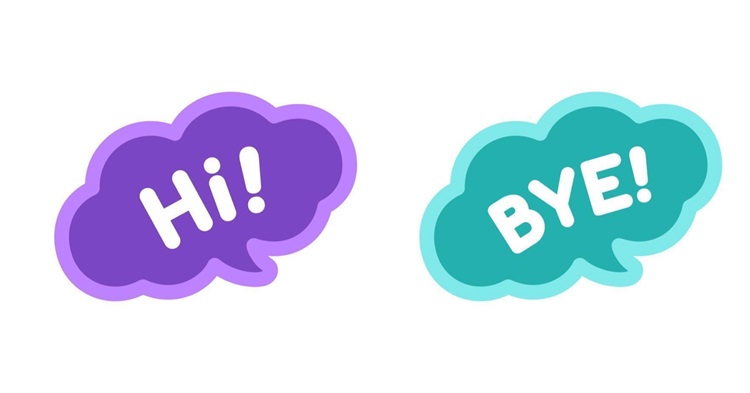From ‘Hi!’ to ‘Bye!’ — How Social Became Political


In 2008, when I first started using social media platforms like Facebook and Yahoo, they were simply spaces for personal communication and the first word I used was “Hi!” Mostly young people used them to express emotions, make new friends, or sometimes even discover love. Social media was not a matter of national concern, nor was it relevant to political parties or civil society. It was entertainment, perhaps a digital diary, and, at most, a place for sharing personal celebrations.
By 2013, things began to change. The protests against war criminals in Bangladesh marked the first time Facebook was used as a platform to unite people and share political opinions. Blogs still served as the main venue for activism, but the events of 2013 proved that digital platforms could organize protests and mobilize movements. Still, the real strength of that movement came from the streets, not the screens. When the movement partially failed, a narrative emerged that it failed because it was rooted in social media. Under the autocratic government of the following 15 years, critics dismissed activists as “online fighters”—loud on social media, but ineffective in real life.
At the same time, the government introduced restrictive laws to control online speech because digital platforms had increasingly become crucial spaces for activism and freedom of expression.
In the last 10 years, my career has spanned building campaigns and organizing mission-driven movements using digital platforms. As a feminist activist, I firsthand experienced how platforms exacerbated misogyny and hate speech, and people like me, who live in the Global South, have little to no recourse. At the same time, I’ve found my community online.
Then came 2024, and the scenario was strikingly different from 2013. The revolution started on the streets of Dhaka, but it was led and accelerated by social media. Every turning point of the movement gained momentum online. Despite the government’s attempts to impose internet shutdowns and flood the space with misinformation, digital platforms became the central engine of collective action. This time, the movement not only survived—it achieved its goal.
This proves that digital spaces are now more important than ever in shaping political narratives. The same was evident in Nepal. What began as a blanket ban on 26 social media and messaging platforms—including Facebook, WhatsApp, YouTube, Mastodon, and X—ended with the fall of the government. Of course, the ban itself was not the only cause. It merely ignited deep frustrations that had been building for years: corruption, discrimination, deprivation, and the abuse of power. Yet, once again, the movement found its voice and power through digital platforms.
It is fascinating how one simple piece of content can mean very different things to different people—and how it can drive a movement. In Nepal, for instance, the phrase “Nepo kids” became a rallying cry. Citizens began visiting the houses of ministers and other privileged families to witness the wealth they had amassed through corruption. Ironically, it was these elites themselves who had provided the evidence—by flaunting their lavish lifestyles online. What they thought was harmless content became a spark for backlash.
The lesson is clear: political parties and governments must understand that digital space is no longer just about connecting people. It has become integral to livelihood, freedom of expression, solidarity, and the shaping of collective narratives. It is not “just digital space” anymore—it is a lived reality. In many ways, it now functions as society’s voice, replacing the traditional institutions that once shaped thought and discourse.
Governments cannot silence this reality through censorship or bad laws. What is needed is not more control but justice: listening to people’s needs, respecting their rights, and addressing grievances. At the same time, leaders must learn to truly understand technology, digital platforms, and their own citizens’ relationship with the digital space. Understanding does not mean merely imposing regulatory restrictions; it means exploring how digital platforms can be harnessed for the country’s and people’s betterment, how inequalities between the Global South and North can be reduced, and how human rights and freedom of speech can be safeguarded. Otherwise, digital platforms will continue to grow as powerful engines of resistance, particularly in places where few alternatives exist, and despite their many fallacies as anti-oppression tools. After all, the digital space holds the strength to turn a simple “Hi” into a collective force that can make a government say goodbye!
Fowzia Afroz is the Country Head of Tech Global Institute in Bangladesh, with over a decade of experience in international development and anthropological research, specializing in gender politics and women’s roles in the 1971 Liberation War.
